If you’re planning winter travel in Hokkaido, this Plain-English guide gives you everything you need: where to go first, how to see the biggest sculptures, whether you need tickets, when to find the best night lighting, and how to move between areas without getting stuck in crowds. We also include a quick-plan night route and a section on the “Sapporo Snow Festival Museum” for off-season visits. When possible, we point to Japanese official pages—so you can double-check dates, times, and any special rules right before you go.
Contents
1. What is the Sapporo Snow Festival and which areas should you see first?
2. Do you need tickets and how much should you budget?
3. How can you enjoy the night views safely and get great photos?
4. How do you get there and move between areas?
5. Where is the Sapporo Snow Festival Museum and what’s inside?
6. Suggested night-walk route (2–3 hours) to cover highlights
8. FAQs (tickets, night, areas)
1. What is the Sapporo Snow Festival and which areas should you see first?
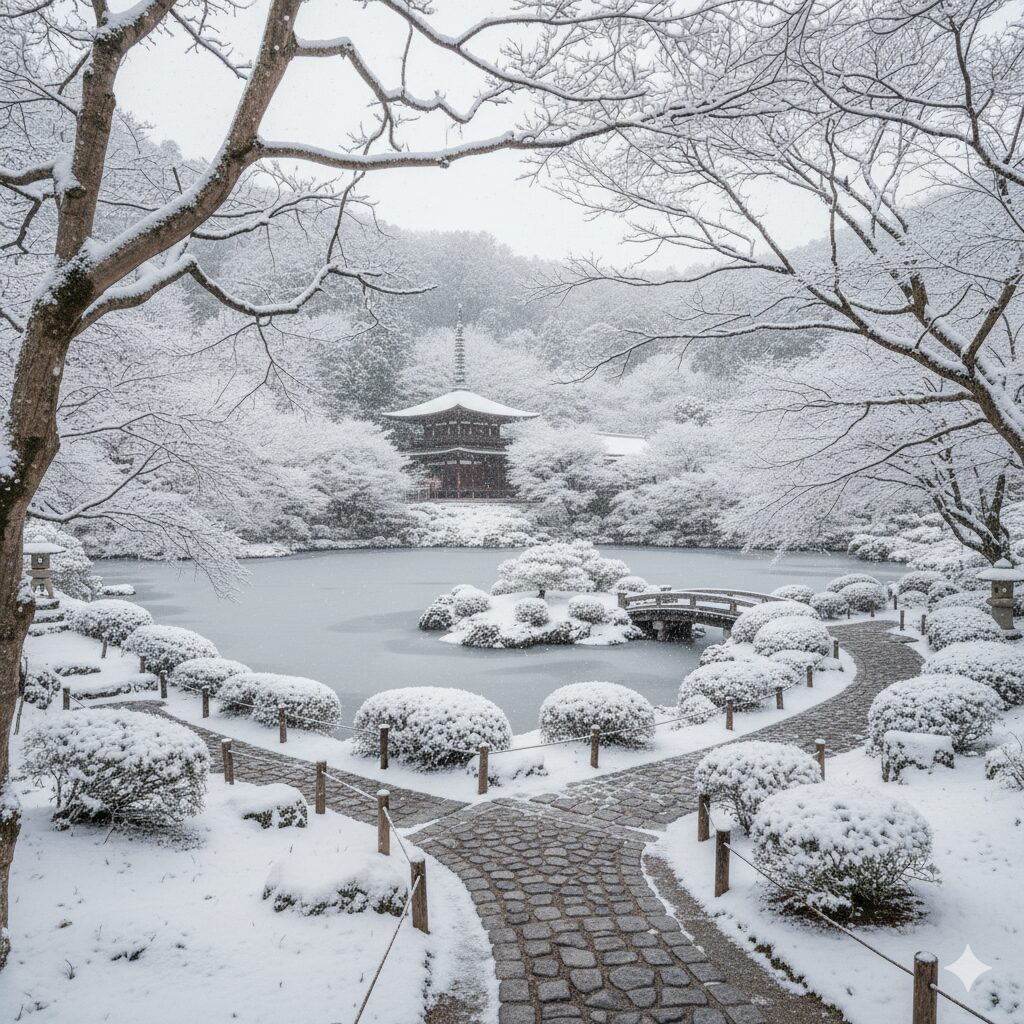
1-1 What you’ll see at each zone (and why it matters)
Odori Park features the largest snow stages and projection shows. Susukino—often nicknamed the “sapporo ice festival japan” zone—focuses on crystal-clear ice sculptures that look best at night. Tsudome is a family-friendly outpost with snow slides and hands-on fun (availability varies by year). Core information is maintained by the festival office (Official website (Japanese)) and Odori Park’s own page (Official website (Japanese)).
1-2 When to go: day vs night
Daytime lets you admire carving details and take uncrowded photos early in the morning. After dusk (around ~16:30–17:00 in Feb), lighting adds drama—especially at Susukino and the biggest Odori stages. For up-to-date lighting schedules, see the Japanese festival page (Official website (Japanese)). ※参考情報(editor’s note): Times can change; always verify right before your visit.
1-3 Cold-weather basics
Expect sub-zero temps, icy paths, and wind chills at night. Pack spikes or grippy soles, hand warmers, and layered clothing. Keep batteries/warm drinks handy—warm-up spots are marked on the festival map (Official website (Japanese)).
Table 1: Festival Areas & What to See
| Area | Highlights | Best Time | Official Link (JP) |
|---|---|---|---|
| Odori Park | Giant snow stages, projection shows, food stalls | Day for detail / Night for lights (~17:00–22:00*) | Official website (Japanese) / Official website (Japanese) |
| Susukino | Ice sculptures (“ice world”), nightlife backdrop | Night lights (~17:00–23:00*) | Official website (Japanese) |
| Tsudome (Community Dome) | Snow slides, family play (daytime focus) | Daytime (~09:00–17:00*) | Official website (Japanese) |
* Lighting/hours are typical patterns; confirm the latest schedule on the festival’s Official website (Japanese). ※参考情報(editor’s note).
2. Do you need tickets and how much should you budget?
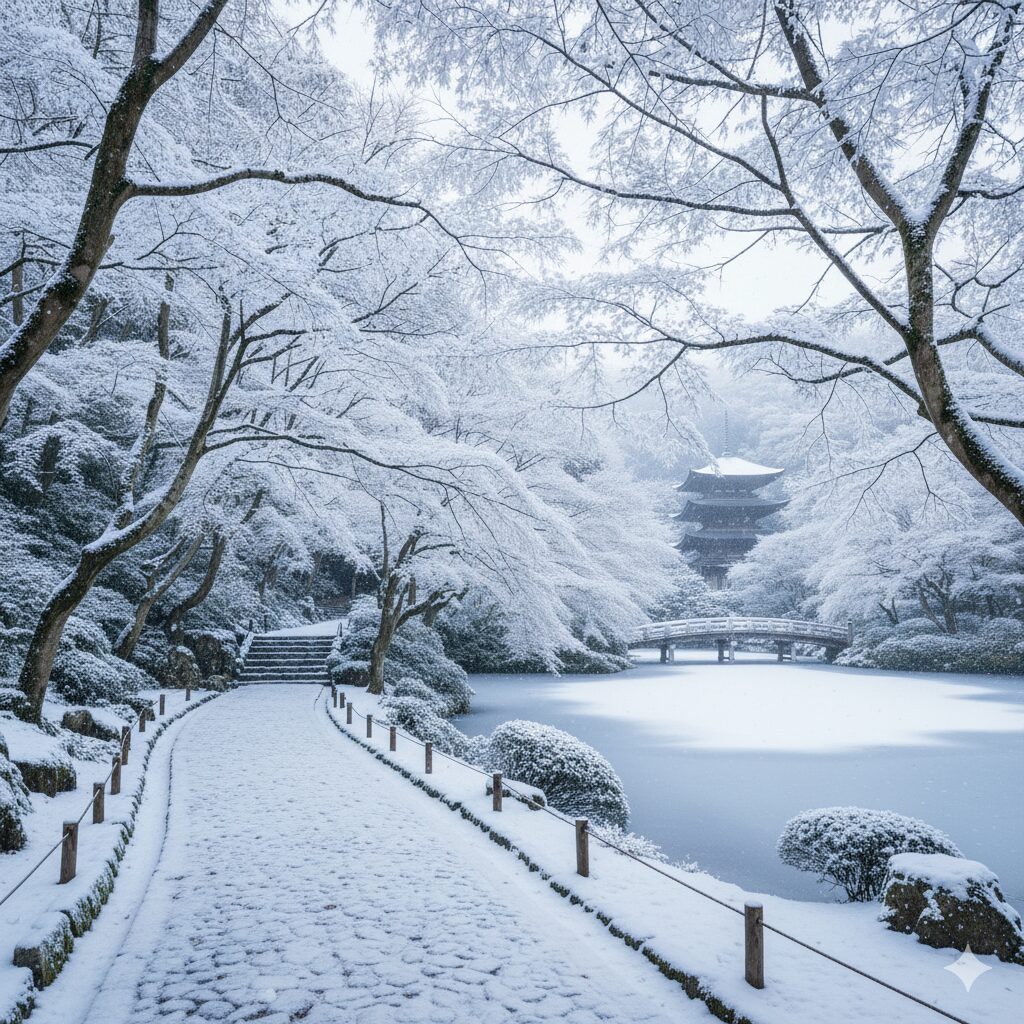
2-1 Entry policy and any reserved spaces
Odori and Susukino are open streets/parks—no gate, no general ticket. However, certain high-demand viewings or activities may introduce capacity controls or timed entry during peak hours for safety. Always re-check the Japanese festival site just before your visit (Official website (Japanese)).
2-2 Typical costs you might choose to add
The most popular upgrade is the Sapporo TV Tower for a bird’s-eye view over Odori. Budget roughly ¥1,000–¥1,200 per adult (last entry usually ~30 minutes before closing). See the tower’s Japanese page (Official website (Japanese)). Food, hot drinks, and novelty goods vary by stall.
2-3 Save on transport
Subway day passes often beat single tickets if you ride multiple times. Expect around ¥600–¥900 for day options. Details are on the Sapporo City Transportation Bureau site in Japanese (Official website (Japanese)).
Table 2: Budget & Optional Tickets (Typical)
| Item | Price (JPY) | Time / Capacity | Link (JP) |
|---|---|---|---|
| Festival admission | Free | Open park/streets; crowd management as needed | Official website (Japanese) |
| Sapporo TV Tower (observatory) | ¥1,000–¥1,200 (adult)* | Last entry often ~30 min before closing | Official website (Japanese) |
| Subway day pass (examples) | ¥600–¥900* | Unlimited rides within validity | Official website (Japanese) |
* Prices can change. Confirm on each Official website (Japanese) before purchase. ※参考情報(editor’s note).
3. How can you enjoy the night views safely and get great photos?
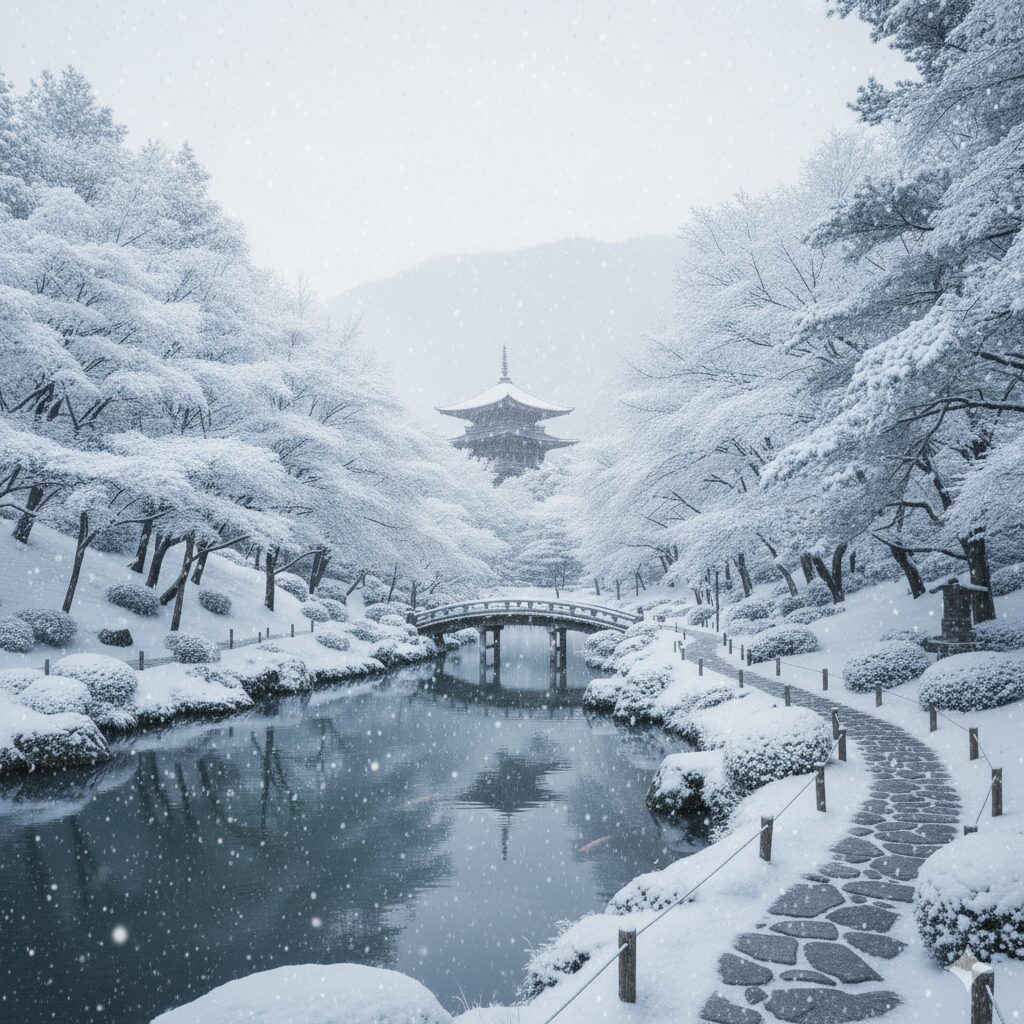
3-1 Best time window and simple camera settings
For the classic “sapporo snow festival night” glow, arrive around dusk (~16:30–18:00) and stay through prime lighting (~18:00–21:00+). Use gloves with touchscreen tips, keep spare batteries warm, and try a small tripod if rules allow. Lighting windows are posted on the Japanese sites (Official website (Japanese)).
3-2 Three reliable vantage points
- Odori 1–3 chome: wide avenues and main stages; look back toward the TV Tower.
- TV Tower observatory: panorama over Odori; pre-check hours and last entry (Official website (Japanese)).
- Susukino ice street: neon background + clear ice; best after full darkness (Official website (Japanese)).
3-3 Safety and comfort after dark
Wear anti-slip soles, avoid black ice, and bring a thermos or plan warm-up stops. Expect densest crowds ~18:00–20:00. Follow staff directions at stage areas. For illumination overlap dates, see Sapporo White Illumination (Official website (Japanese)).
Table 3: Night View Spots & Typical Times
| Spot | Best Window | Notes | Link (JP) |
|---|---|---|---|
| Odori Park main stage | ~18:00–21:00+ | Arrive early; obey staff lane ropes. | Official website (Japanese) |
| TV Tower observatory | ~17:00–20:00 (blue hour + night) | Last entry typically ~30 min before close. | Official website (Japanese) |
| Susukino ice street | ~18:30–22:30 | Great with neon—watch for slippery corners. | Official website (Japanese) |
Times are indicative; confirm locally. ※参考情報(editor’s note).
4. How do you get there and move between areas?
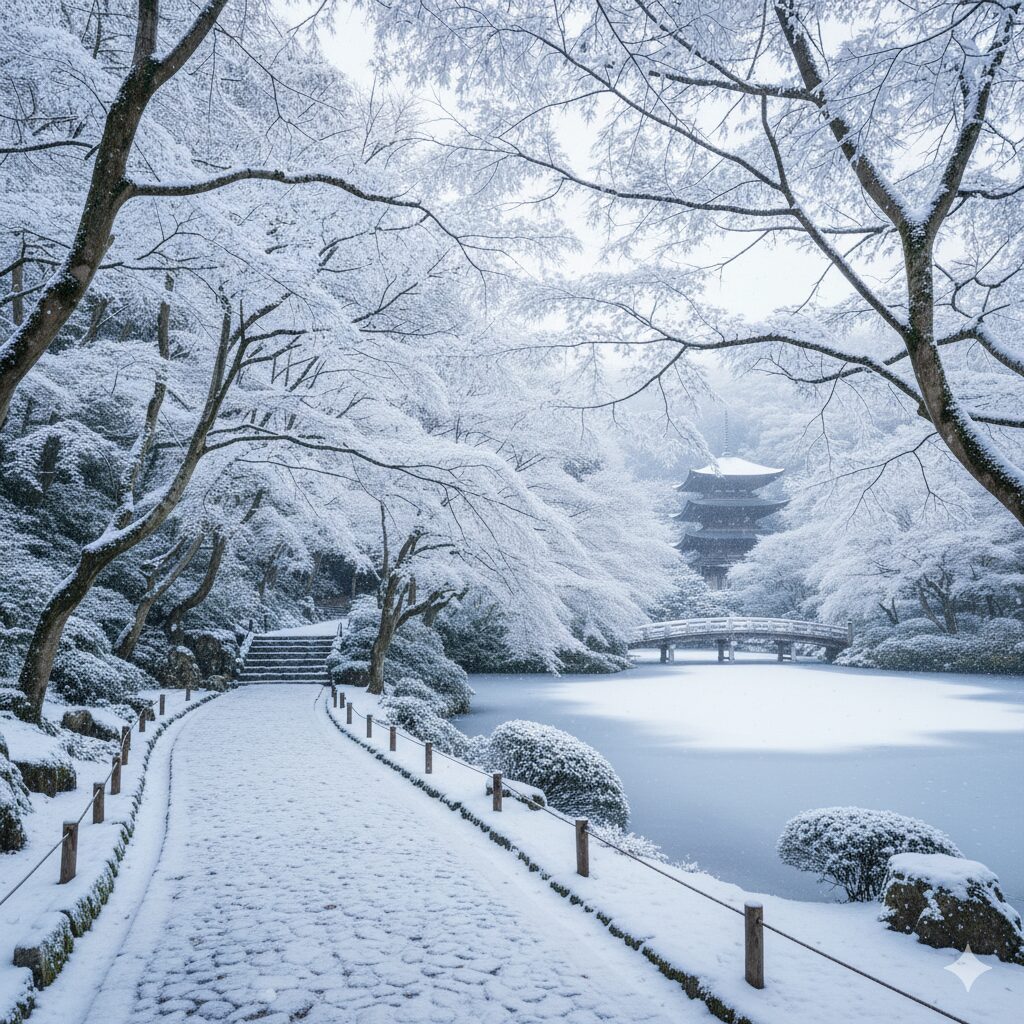
4-1 From the airport to Sapporo city center
Ride the JR Rapid from New Chitose Airport to Sapporo Station (~40 min) then subway or walk to Odori (~15 min on foot). For timetables and fares, see JR Hokkaido (Official website (Japanese)) and the airport page (Official website (Japanese)).
4-2 Subway lines & walking distances
- Namboku / Tozai / Toho lines connect Sapporo–Odori–Susukino in a tight grid. Odori↔Susukino is 1 stop on Namboku (or ~10–15 minutes walk).
- Tsudome access: reach the Toho Line toward Sakaemachi, then shuttle or a short walk—allow ~30–45 minutes from central Sapporo, depending on conditions.
- Passes and route maps are on the Transportation Bureau’s Japanese site (Official website (Japanese)).
4-3 Crowd control, accessibility, and luggage
During peak evenings, station exits and routes may be directed one-way for safety. Elevators/ramps exist at major stations; check station pages on the Japanese site (Official website (Japanese)). Use coin lockers at Sapporo Station or Odori/Susukino stations (~¥300–¥700 typical).
Table 4: Access & Time Summary
| Origin/Destination | Route | Time (1-way) | Official Link (JP) |
|---|---|---|---|
| New Chitose Airport → Sapporo | JR Rapid Airport | ~40 min | Official website (Japanese) / Official website (Japanese) |
| Sapporo Station → Odori | Subway or walk | ~3–5 min (subway) / ~15 min walk | Official website (Japanese) |
| Odori ↔ Susukino | Namboku Line / walk | 1 stop / ~10–15 min walk | Official website (Japanese) |
| Odori/Susukino → Tsudome | Toho Line + shuttle/walk | ~30–45 min total* | Official website (Japanese) / Official website (Japanese) |
* Allow extra time during snow or peak crowd control. ※参考情報(editor’s note).
5. Where is the Sapporo Snow Festival Museum and what’s inside?
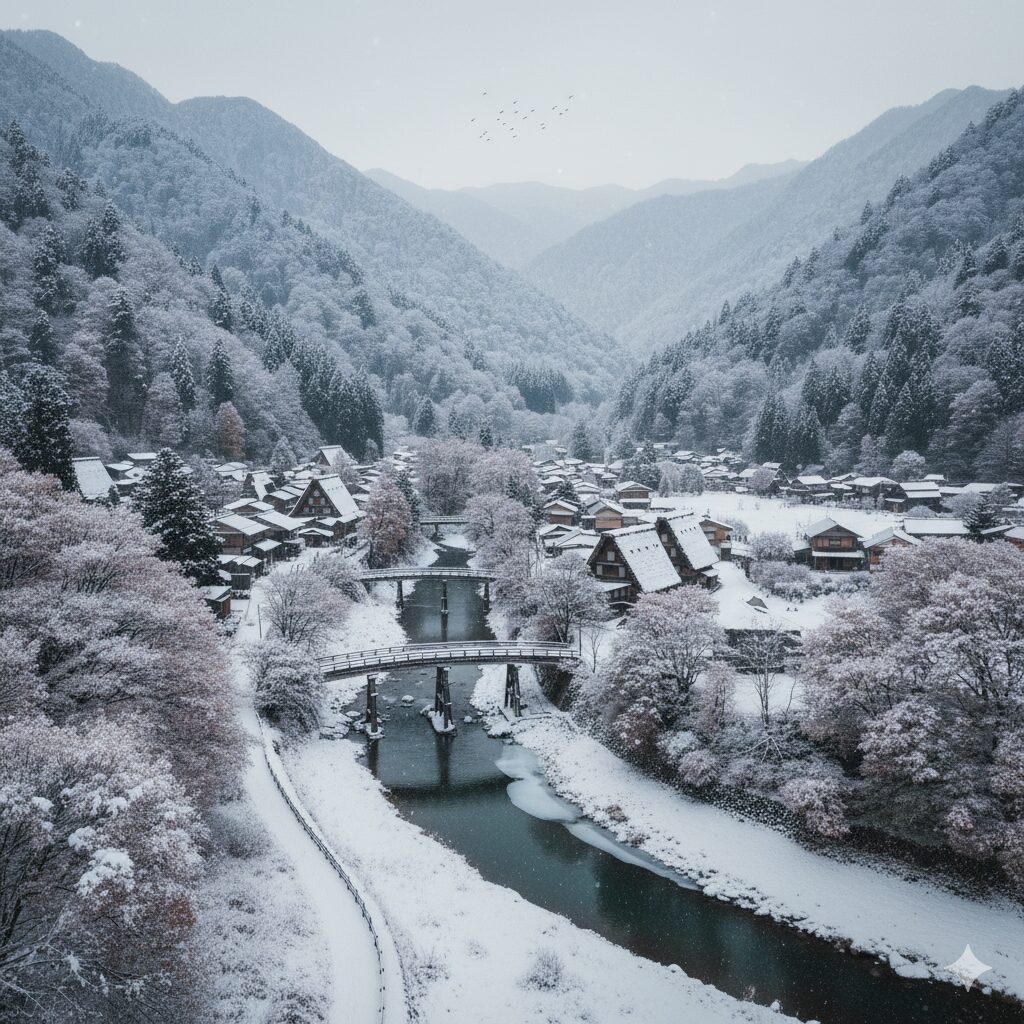
5-1 Location & access
The Sapporo City Archives Museum (札幌市資料館) stands on the west end of Odori. It’s walkable from Odori Station in ~15–20 minutes. For maps and current notices (exhibit rotations or closures), use the official Japanese site (Official website (Japanese)).
5-2 What you’ll learn
Exhibits trace the event from local school snow statues to international art and projection mapping. Expect historical photos, posters, and scale models. For context on annual themes or guest nations, compare with the festival’s Japanese news page (Official website (Japanese)).
5-3 Hours, fees, and off-season tips
The museum is generally free or low-cost; hours can vary by season or maintenance. Plan ~45–60 minutes. Always confirm the Japanese page before you go (Official website (Japanese)).
Table 5: Snow Festival Museum (Off-season Learning)
| Item | Details | Plan/Time | Link (JP) |
|---|---|---|---|
| Location | Sapporo City Archives Museum (Odori West) | ~15–20 min walk from Odori Station | Official website (Japanese) |
| Exhibits | History, posters, models, event archives | Allow ~45–60 min | Official website (Japanese) |
Check the museum’s calendar for closures or exhibit changes. ※参考情報(editor’s note).
6. Suggested night-walk route (2–3 hours) to cover highlights
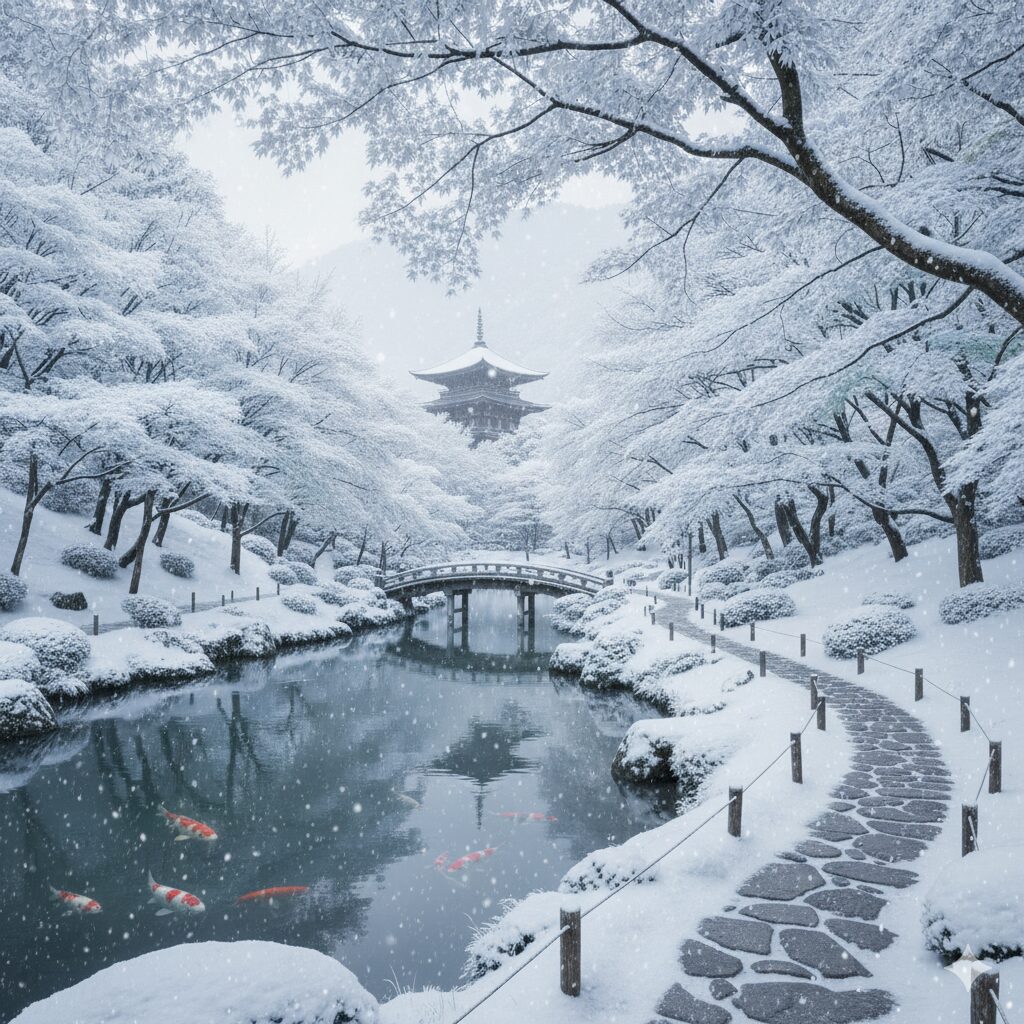
Table 6: Night Walk Model Itinerary
| Time | Activity | Details (JP Official Links) |
|---|---|---|
| 17:00 | Sapporo TV Tower view | Buy ticket & head up (Official website (Japanese)) |
| 17:45 | Odori east blocks (1–4 chome) | Main stages / projection info (Official website (Japanese)) |
| 18:30 | Odori central blocks (5–8 chome) | Food stalls & themed statues (Official website (Japanese)) |
| 19:15 | Odori west blocks (9–12 chome) | Wrap up and head to subway (Official website (Japanese)) |
| 19:45 | Susukino ice street | Best with neon lights (Official website (Japanese)) |
Times are examples; verify lighting and event schedules on the Official website (Japanese). ※参考情報(editor’s note).
Tip: Keep a spare battery close to your body heat; cold drains power quickly. If you carry tripods, follow staff instructions, especially around stage fronts.
7. Summary and next steps
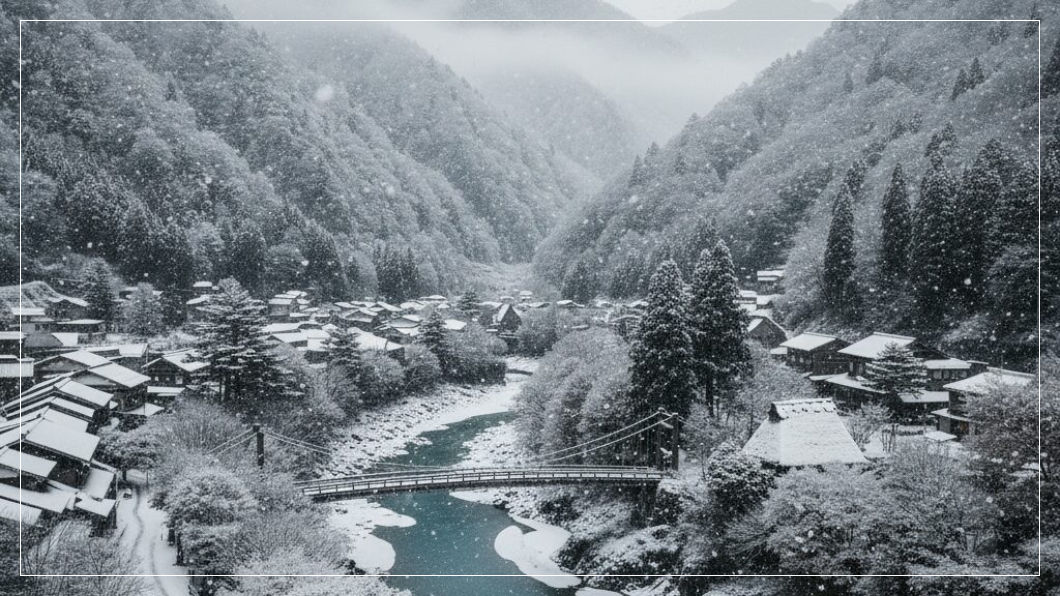
Planning a wider Hokkaido route? Explore more guides and get a custom winter plan:
- Sapporo Winter Guide: Food, Snow, and Lights
- Otaru Canal Night Walk & Glass Workshops
- Niseko Transport & Ski Week Planner
- Ask us to optimize your subway connections
8. FAQs (tickets, night, areas)
8-1 Do I need to buy “sapporo snow festival tickets”?
No general ticket—parks and streets are open. Only optional add-ons (e.g., Sapporo TV Tower) require payment. Always check the festival’s Japanese page for any special rules (Official website (Japanese) / Official website (Japanese)).
8-2 What’s the best time for the “sapporo snow festival night” experience?
Dusk to late evening is ideal (roughly ~17:00–21:00+). Start at Odori for the big stages, then move to Susukino for ice and neon. Confirm lighting times on the Japanese site (Official website (Japanese)).
8-3 Where is the “sapporo snow festival museum”?
It’s displayed inside the Sapporo City Archives Museum near the west end of Odori Park; plan ~45–60 minutes. See the Japanese page for hours/access (Official website (Japanese)).